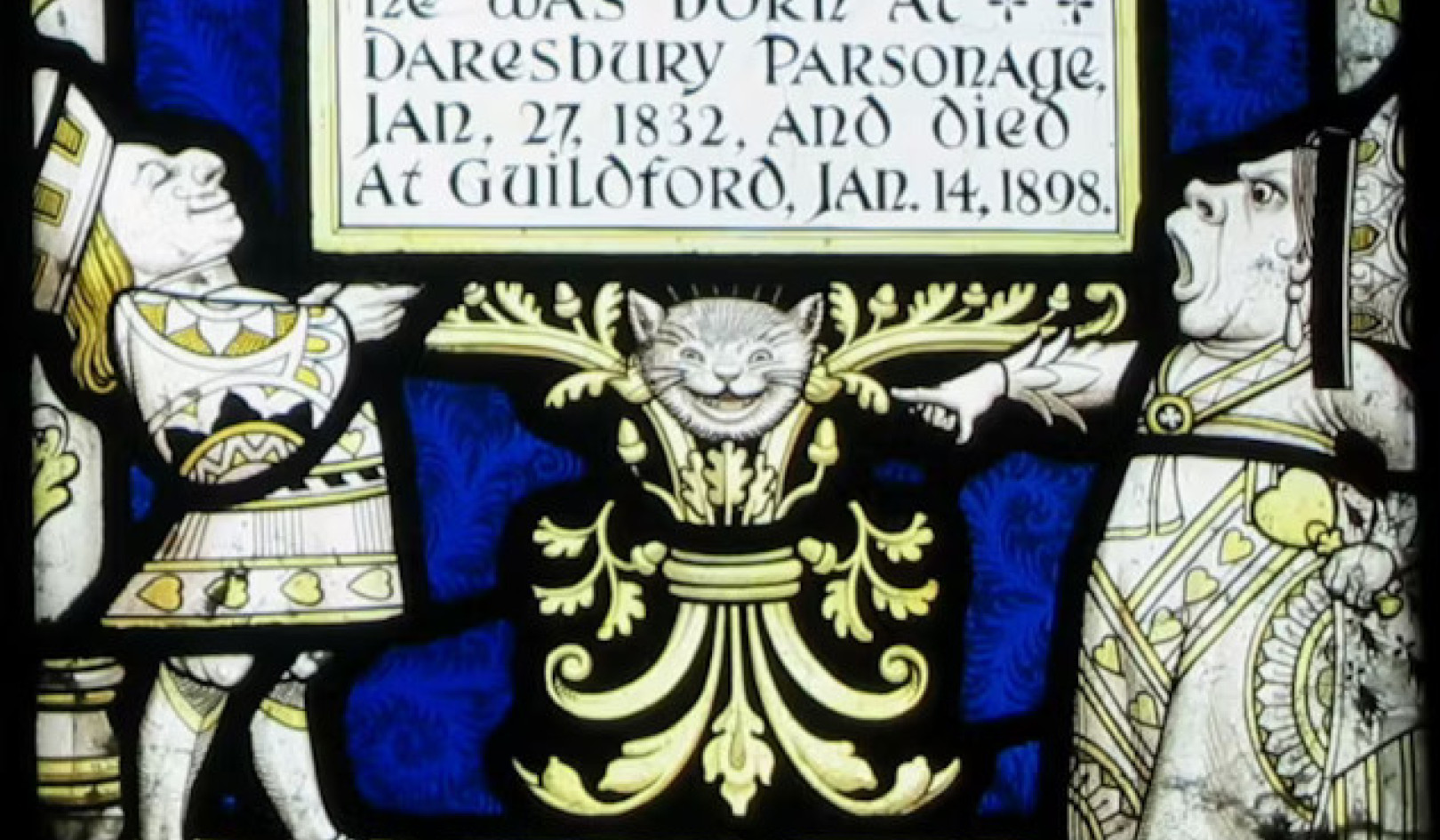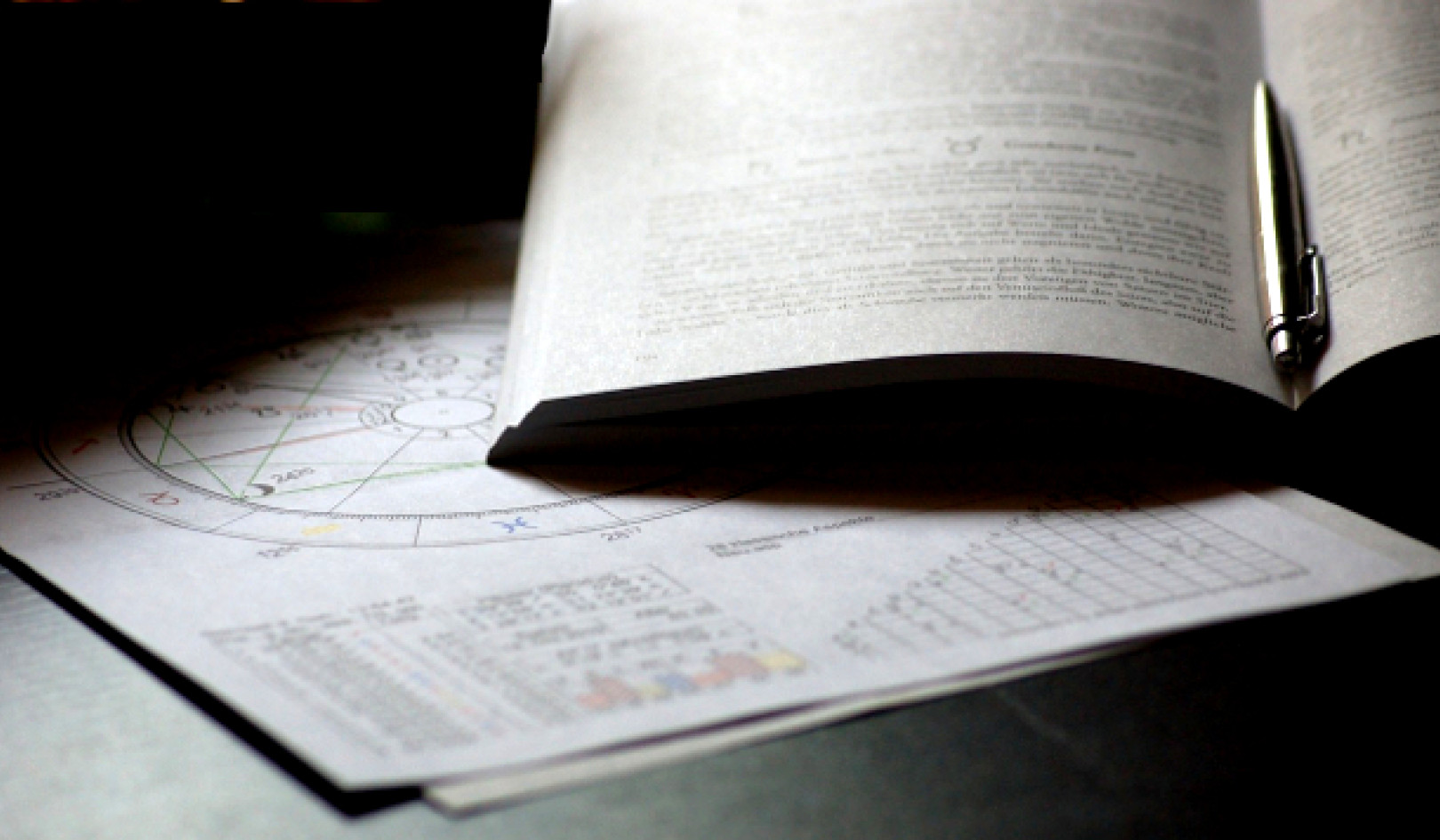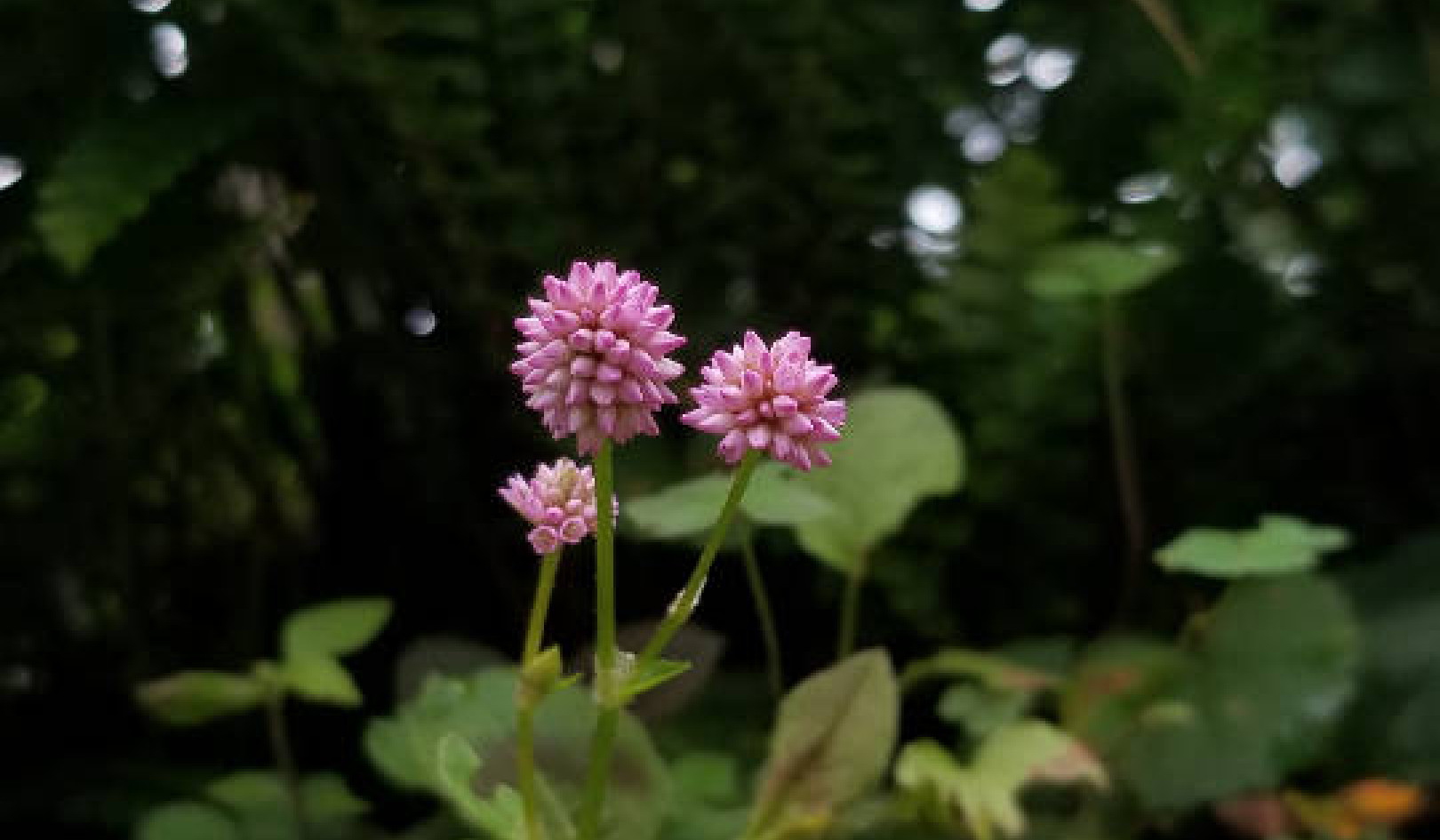Integrating The Feminine
by Naomi Ruth Lowinsky
 My coming of age was mirrored in disorientingly different mediums. At the personal level, I became a mother, and my sense of life and its meanings was shaped by that experience. At the cultural level, I came to understand myself in the reflections of feminist writers. I longed for an arena in which to express my creativity and passion, for a life in the outer world of history and action. I felt deep shame in being "just" a housewife and mother. I longed for an illustrious identity, a profession I could name, a way to make a contribution, to be seen and appreciated for work well done. Instead, I changed diapers, which only got soiled and had to be changed again; cooked meals, which were eaten and had to be cooked again; washed dishes, which got dirty and had to be washed again. My husband was out there in the world, advancing toward a goal. I was caught in cycles that repeated themselves. I was a mirror for others, but had no self of my own. I was frustrated and confused.
My coming of age was mirrored in disorientingly different mediums. At the personal level, I became a mother, and my sense of life and its meanings was shaped by that experience. At the cultural level, I came to understand myself in the reflections of feminist writers. I longed for an arena in which to express my creativity and passion, for a life in the outer world of history and action. I felt deep shame in being "just" a housewife and mother. I longed for an illustrious identity, a profession I could name, a way to make a contribution, to be seen and appreciated for work well done. Instead, I changed diapers, which only got soiled and had to be changed again; cooked meals, which were eaten and had to be cooked again; washed dishes, which got dirty and had to be washed again. My husband was out there in the world, advancing toward a goal. I was caught in cycles that repeated themselves. I was a mirror for others, but had no self of my own. I was frustrated and confused.
In the headlong race to liberate those aspects of ourselves that had been so long denied, we left behind all that women had been.
Nancy Friday, in her enormously successful book, My Mother My Self, castigated mothers for imposing culturally held inhibitions about sexuality and self-development on their daughters. A generation of my peers rebelled against the constrictions imposed by our mothers and grandmothers. We did not concern ourselves much with the fact that they, too, had suffered such constriction at the hands of their mothers and grandmothers. Even those of us who were mothers saw ourselves as daughters, and our mothers took the rap for keeping us down. We sought our own voices, our own experiences, our own visions of the world. We rebelled against the maternal expectations that kept us in split-level suburban prisons, isolated from other women and from our own souls.
Meeting Others' Expectation
We began to understand that lives lived only to meet the expectations of others were hollow and meaningless; such lives robbed us of identity and direction. Like a woman whose breath and life energy are constricted by tight corseting, our true selves we constructed by the psychological girdle Virginia Woolf had named the Angel in the House. Trapped in the cultural expectation that, to paraphrase Woolf, we become intensely sympathetic, intensely charming, that we sacrifice ourselves daily, that we never have a mind or wish of our own, all that was original, creative, and full of spirit in our natures was crushed.
In the great shift of consciousness whose early stirrings were reflected in Betty Friedan's book, The Feminine Mystique, in the rage hat developed against the "feminine mystique," a generation of women emerged whose values were formed by Ms. magazine, consciousness-raising groups, feminist politics, and the estrangement from mothers expressed by much feminist literature. Many women chose career over children, at least in the early part of their lives.
In a great collective leap, we distanced ourselves from the lives of our mothers and grandmothers. We were meant for greater things than what de Beauvoir refers to scathingly as our "misfortune to have been biologically destined for the repetition of Life." "Biology is not destiny" was the battle cry against the great unconscious undertow of pregnancy and nurturing that keeps women in thrall to the needs of others.
I found myself in the grip of a great, pulsing energy that demanded expression. A fiercely female poetry began pushing its way through me. In one long poem, called "It's Her Period!" I "wailed my menstrual rag time blues," expressing the female agony of being torn between childbearing and the wish to "etch my intricate designs upon the world." Feeling as though I had been "kept very well" in Peter's proverbial pumpkin shell, I burst out of the constrictions of the conventional roles I had played, leaving my marriage behind me like a great empty gourd.
Women seemed to want to live their father's lives. Mother was rejected, looked down upon, left in the dark. In the headlong race to liberate those aspects of ourselves that had been so long denied, we left behind all that women had been.
Time For A Change
Many of us who joyfully accepted the challenge of new opportunities discovered in retrospect that we had cut ourselves off from much of what was meaningful to us as women: our mothers, our collective past, our passion for affiliation and for richness in our personal lives. We felt split between our past and our future. Women today, who have spent years working hard on their profession identities, are feeling empty and full of grief for the children they have not born, the relationships they have not had. Women who "have it all," careers and families, feel torn with guilt and confusion about priorities and roles. Mothers and daughters suffer a wrenching distance between them. Women who divorced in order to free themselves from suffocating roles come to learn over the years how excruciatingly painful the family breakup has been for their children.
What does all of this mean? Do we have to return to the suffocation of our traditional roles and leave the world of history and action to men? It would be a blow to women's spirit to do so, and a dangerous loss to the world, which needs to integrate the feminine principle. Our difficulty lies in the fact that in asserting our right to partake in the man's world we have come to identify with the very patriarchal attitudes that devalue our mothers and grandmothers. We are ashamed of our yearnings for connection, our tears, our mothers. We try to live like men: valuing separateness and achievement.
These attitudes split us from our bodies and our past and leave us wandering like motherless daughters in the too bright light of patriarchal consciousness. Our task now is to integrate our feminine and feminist selves. We must connect the historical self that was freed by feminism to live in the "real" world, with the feminine self that binds us to our mothers and grandmothers.
The above article was excerpted with permission from The Motherline - Every Woman's Journey To Find Her Female Roots, by Naomi Ruth Lowinsky, ?1992, published by Jeremy Tarcher/Putnam Publishing Group.
Info/Order this book.
About The Author
 Naomi Ruth Lowinsky has published poetry and prose expressive of the feminine soul since the early 1970's. She is the assistant editor of the San Francisco Jung Institute Library Journey and has a private practice in Berkeley.
Naomi Ruth Lowinsky has published poetry and prose expressive of the feminine soul since the early 1970's. She is the assistant editor of the San Francisco Jung Institute Library Journey and has a private practice in Berkeley.




























